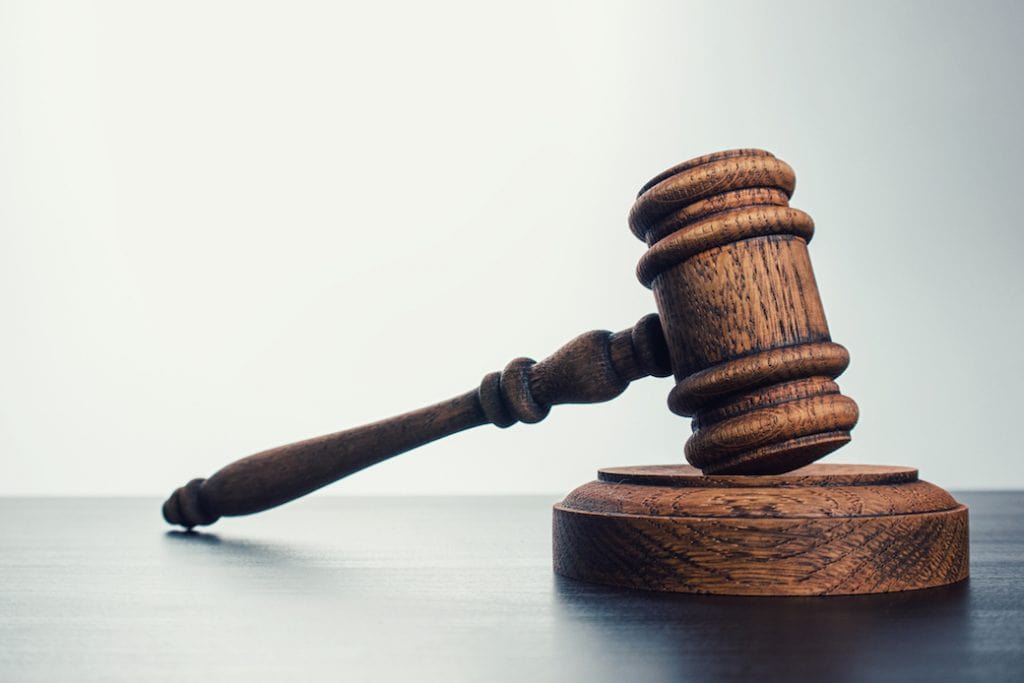Understanding the process of a criminal case can help relieve some of the stress and doubt of being charged with a crime. There are quite a few stages of the criminal justice process in Colorado. Below, I have outlined some steps that most people charged with a crime encounter.
- The Filing of Charges: The accused has to appear at court in order to officially receive charges. The judge counsels the accused about their rights, sets a bond (bail), and sets the next court appearance date. At this appearance, we can negotiate a reduction in bond on your behalf, amend protection orders, and remove or amend other conditions of your bond.
- The Preliminary Hearing (Felony matters): If the accused is charged with a more serious felony, then they are eligible for a preliminary hearing. During the hearing, the judge decides if there is a sufficient probable cause to allow further prosecution or not. It is very important that you have a Colorado criminal defense attorney present at this hearing to reveal critical discrepancies in witness testimony or to have charges dropped altogether.
- Arraignment: At this hearing, the accused must plead not guilty in order to have a trial. Pleading “not guilty” will suddenly start the clock running on specific deadlines based on the nature of the charges. Normally, deadlines apply to motions filing and the acceptance of a plea bargain. Municipal courts in the state compel the accused to pay a $25 jury fee within 21 days from the day they enter a “not guilty” plea. If the fee is not paid in the given time, the court will deny the accused a jury trial and will set the case for a bench (judge only) trial.
- The Disposition Hearing: This may be your Denver criminal defense attorney’s first chance to talk to the District Attorney regarding your case and a probable plea agreement. It could be risky for the accused to speak directly with the District Attorney. It is best to have a qualified lawyer speak to the prosecutor to reduce the risk of something being said that can create a problem for you later.
- Pretrial or Motions Hearings: As your case progresses, some issues may appear that must be resolved by the judge. Your attorney may want to suppress some or all of the evidence against you by filing motions. For instance, motions may be filed to disregard physical evidence or statements to the police. Also, motions can force the prosecutor to provide additional evidence or information that necessary for your defense.
- Trial: If no satisfactory plea agreement can be reached, then your case moves ahead for a trial. Everyone accused has the right to a “speedy trial.” This means the court must hear your trial within a definite time period. Municipal courts usually work under a 90-day speedy trial rule; County and District Courts work under a 180-day speedy trial rule. During the trial, it is important to have a Denver criminal defense lawyer. The prosecuting attorney is an expert in the law and trial strategy. Pro Se or self-representing individuals are at an extreme disadvantage if they decide to face a professional trial attorney alone.
- Sentencing: If the accused is found guilty, the court will impose a sentence. In between the conviction and sentencing, the probation department in your county might be asked to write a pre-sentence investigation report that is abbreviated as a “PSI.” Our firm can petition the judge to approve consequences other than jail or incarceration, such as probation, in-home detention, intensive supervised probation, work release & community corrections. Check out our Colorado Criminal Sentencing Guidelines page for detailed information.
- Appeal: An appeal is not a retrial of the case, but it serves as an inspection of the trial record to confirm that the proceedings happened impartially and within the bounds of the law. There are some strict deadlines that must be followed for appeal filing. Contact a Denver criminal defense lawyer today for more info.
Head over to The Blindfolded Lady to read more legal news and analysis.
